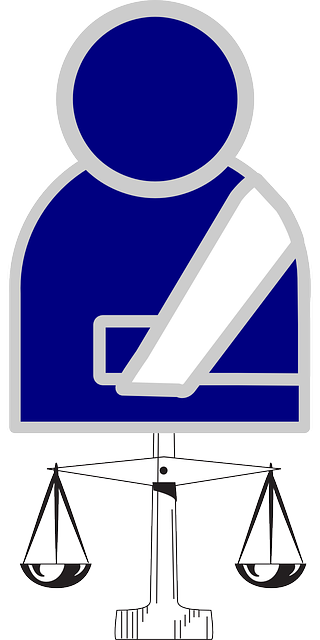Personal injury cases encompass a wide range of incidents caused by another party's negligence or intentional actions, requiring legal expertise to navigate complex aspects and establish responsibility. Accident lawyers specializing in these cases are crucial for victims, providing legal representation, gathering evidence, and advocating for fair compensation including medical expenses and pain and suffering. Their knowledge of state laws and industry regulations ensures just settlements, while ethical standards guide their diligent service to clients, especially in wrongful death cases where they assist families seeking justice and financial security.
In the complex landscape of personal injury law, lawyers play a pivotal role in securing justice for victims. This article delves into the intricate world of personal injury cases, offering a comprehensive overview of common scenarios and the legal process involved. We explore how attorneys navigate the complexities, from initial assessments to trial or settlement. Understanding the responsibilities and impact of these professionals is essential, as they are the driving force behind ensuring fair compensation for those injured through no fault of their own.
- Understanding Personal Injury Cases: A Overview of Common Scenarios
- The Legal Process: How Lawyers Navigate Complexities in Personal Injury Claims
- Responsibilities and Impact: The Crucial Role of Lawyers in Securing Justice for Victims
Understanding Personal Injury Cases: A Overview of Common Scenarios

Personal injury cases encompass a wide range of scenarios where individuals suffer harm due to someone else’s negligence or intentional acts. These situations can arise from various common occurrences, such as car accidents, medical malpractice, slip and fall injuries, product liability issues, and workplace accidents. In each case, understanding the circumstances leading up to the injury is crucial for determining legal responsibility.
For instance, a slip and fall injury might involve a person tripping on a loose pavement tile in a public space due to the property owner’s negligence in maintaining safe conditions. Similarly, medical malpractice could result from a doctor’s misdiagnosis or incorrect treatment, leading to further harm to the patient. An accident lawyer specializing in personal injury cases plays a vital role in navigating these complex scenarios by providing legal representation, ensuring that victims’ rights are protected and they receive fair compensation for their injuries and resulting expenses.
The Legal Process: How Lawyers Navigate Complexities in Personal Injury Claims

Navigating a personal injury case involves a complex legal process that requires expertise and knowledge of the intricate rules and regulations. Lawyers play a pivotal role in guiding clients through this labyrinth, ensuring their rights are protected. They begin by meticulously gathering evidence, interviewing witnesses, and documenting medical records to build a robust case. This initial phase is crucial as it forms the foundation for any potential settlement or trial.
Legal professionals also help plaintiffs understand their legal options and the potential outcomes. In cases involving elder law or truck accidents, for instance, specialized attorneys possess in-depth knowledge of state laws and industry regulations. They advocate for fair compensation, whether through negotiations with insurance companies or by representing clients in court. Their expertise ensures that victims receive the rightful damages for their injuries, medical expenses, and pain and suffering.
Responsibilities and Impact: The Crucial Role of Lawyers in Securing Justice for Victims

In a personal injury case, lawyers play a pivotal role in securing justice for victims and ensuring they receive fair compensation. Their responsibilities extend far beyond simply representing clients in court. A competent personal injury lawyer conducts thorough investigations to determine liability, gathers evidence such as medical records, witness statements, and expert opinions to build a strong case, and negotiates with insurance companies to achieve a settlement that reflects the full extent of the victim’s damages.
Moreover, lawyers are entrusted with upholding the highest ethical standards, including fulfilling their breach of fiduciary duty to their clients. They must provide diligent representation, keep their clients informed throughout the process, and act in their best interests. In cases involving wrongful death, for instance, lawyers help families navigate the legal system, seek closure through justice, and protect their rights to financial security and peace of mind.
In conclusion, lawyers play a pivotal role in personal injury cases, guiding victims through complex legal processes to secure justice and compensation. By understanding common scenarios, navigating intricate complexities, and upholding their responsibilities, attorneys ensure that victims receive the support and redress they deserve in these challenging times. This is especially crucial given the often labyrinthine nature of personal injury claims, making legal expertise essential for a successful outcome.






